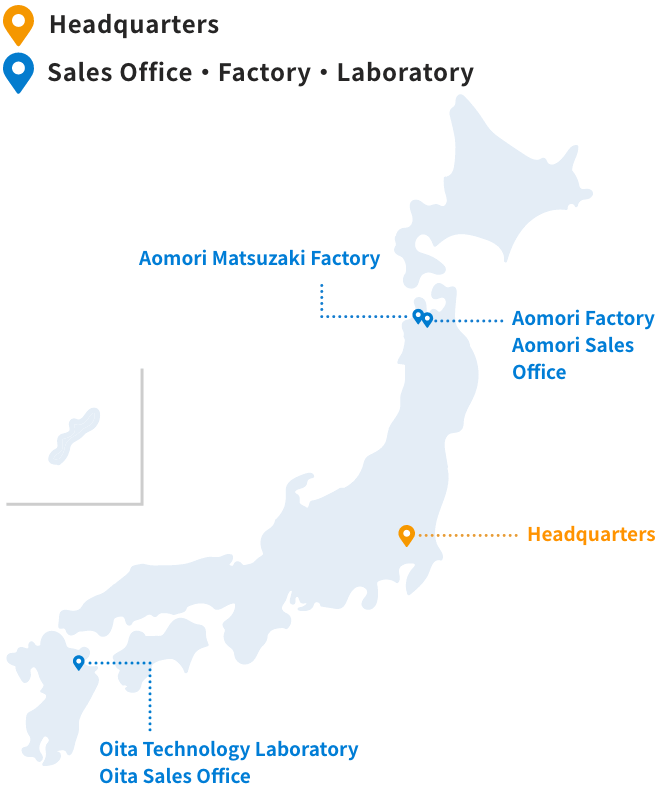
Navigating Efficiency: Domestic Factory Locations
Efficient factory locations are crucial for the success of any business. In this exploration, we delve into the strategic aspects of selecting domestic factory locations, examining the factors that influence decisions and the impact on overall operational efficiency.
Understanding the Importance of Location
The location of a factory plays a pivotal role in its overall efficiency and success. Proximity to raw materials, transportation networks, and target markets significantly influences production costs, supply chain logistics, and the ability to respond quickly to market demands. Therefore, selecting the right domestic factory location is a strategic decision with long-term implications.
Proximity to Raw Materials
One of the primary considerations in choosing a domestic factory location is the proximity to raw materials. Placing factories near raw material sources reduces transportation costs and minimizes the environmental impact associated with long-distance shipping. This strategic decision ensures a more streamlined supply chain and can positively impact a company’s bottom line.
Strategic Transportation Networks
Efficient transportation is a cornerstone of successful factory operations. Optimal domestic factory locations are often situated near major transportation hubs, including highways, railways, and ports. This proximity facilitates the smooth flow of goods to and from the factory, reducing transit times and ensuring timely deliveries to customers.
Access to Skilled Labor Force
The availability of a skilled labor force is a critical factor in determining the success of a factory. Domestic factory locations should be chosen with consideration for the local workforce and its skill set. Proximity to educational institutions and training centers can ensure a pool of qualified employees, contributing to operational efficiency and product quality.
Economic Incentives and Regulatory Environment
Governments often provide economic incentives to attract businesses to specific regions. Domestic factory locations that offer tax breaks, subsidies, or other incentives can significantly impact the overall cost of operations. Additionally, a favorable regulatory environment contributes to a smoother and more efficient manufacturing process.
Local Infrastructure and Utilities
The availability of robust local infrastructure and utilities is paramount for uninterrupted factory operations. Reliable power supply, water resources, and advanced telecommunications infrastructure are essential considerations when selecting domestic factory locations. This ensures that the factory can operate seamlessly without disruptions.
Environmental Sustainability
In the era of increasing environmental awareness, sustainability considerations are gaining prominence in location decisions. Opting for eco-friendly domestic factory locations aligns with corporate responsibility goals and can enhance a company’s reputation. Sustainability is not just a moral imperative but also a strategic advantage in today’s market.
Mitigating Risks and Disruptions
Risk mitigation is a crucial aspect of selecting domestic factory locations. Factories located in regions prone to natural disasters or political instability may face disruptions in operations. Assessing and mitigating such risks are essential to ensure the continuity of production and supply chain activities.
Flexibility for Future Growth
Successful businesses anticipate growth, and domestic factory locations should be chosen with scalability in mind. A strategic location allows for future expansions and modifications to accommodate increased production capacity or changes in operational requirements. This foresight is essential for long-term sustainability.
Linking Strategy with Success: Domestic Factory Locations
To explore further insights into optimizing domestic factory locations for efficiency, visit Domestic Factory Locations. This link provides valuable information on strategies, case studies, and industry best practices. Stay informed and make strategic decisions to propel your business towards success.
